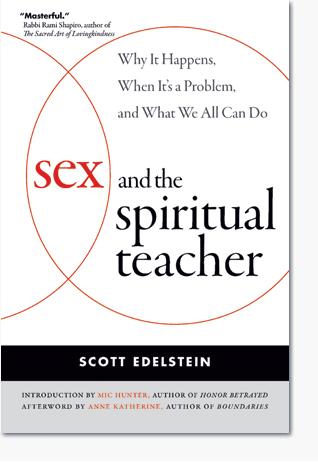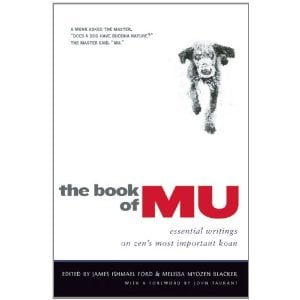 Sexual scandals have given spiritual communities a bad name. And no tradition has been immune from their occurrence.
Sexual scandals have given spiritual communities a bad name. And no tradition has been immune from their occurrence.
Many websites document the sobering and continuing incidents of sexual involvement, as well as other abuses of power (google spiritual teacher and scandal).
This book does not get into the specifics of such incidents, but rather seeks to explain the dynamics of these relationships and to offer practical solutions for their prevention.
Edelstein debunks some of the myths around these boundary violations. First, they are not rare. In fact, they are disturbingly common. They are not all the product of creeps, charlatans, or power hungry posers (although some incidents clearly are). They are not between consenting adults either.
We get stuck on the idea that spiritual teachers are somehow beyond normal human considerations and due to the super-normal human status could not commit base acts such as sexual exploitation. You just can’t conclude they are frauds if something happens.
Edelstein points out that, “It is entirely possible for a spiritual teacher to be wise, compassionate, empathetic, and inspiring, and at the some time sexually exploitative.”
This well-written book explores this conundrum in an insightful and structured way.
Rather, they emerge out of the intimacy and power differential of the spiritual teacher-student relationship and in this way resemble the dynamics of psychotherapy relationships.
In my field of psychotherapy, there is a large literature on the ethical boundaries around sexual contact with patients. Relative to the spiritual context, the incidence of sexual boundary violations in psychotherapy is more rare. This is largely due to training in ethics and a longstanding awareness of these issues (as well as legal sanctions in some states). These safeguards are absent in most spiritual contexts.
Sex and the Spiritual Teacher is an invitation to start these conversations.

